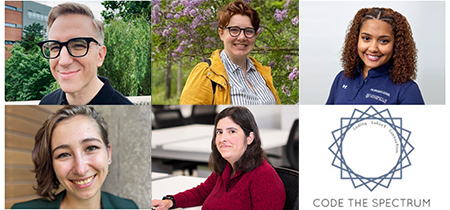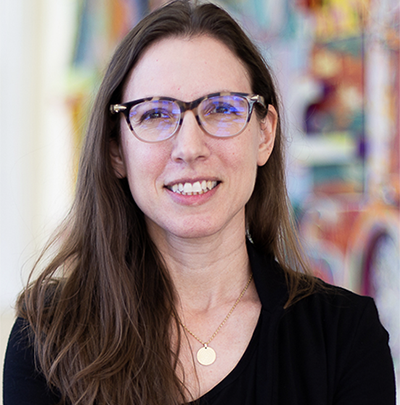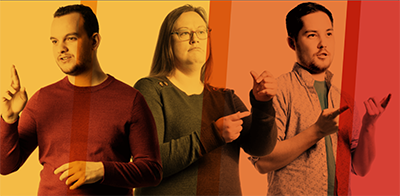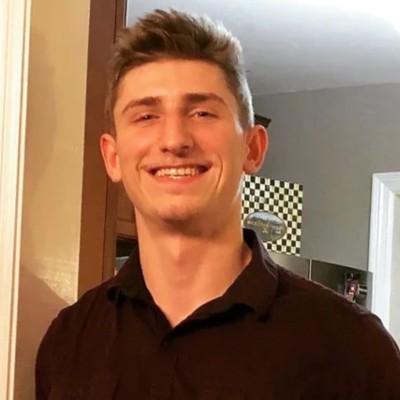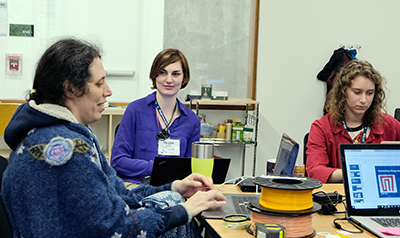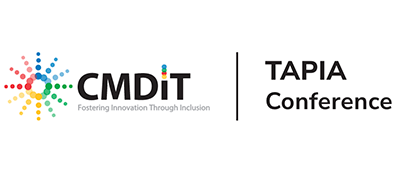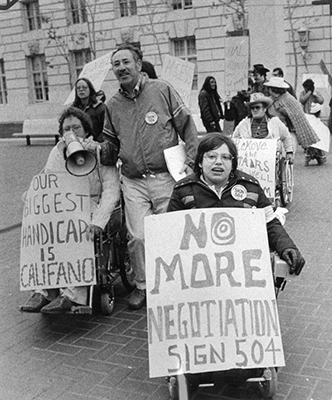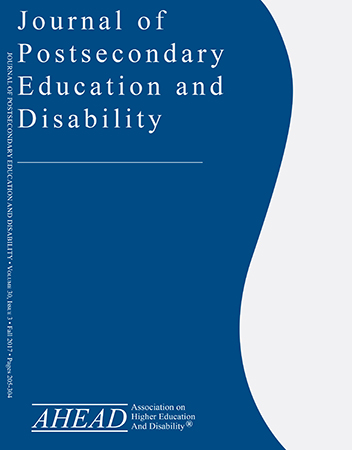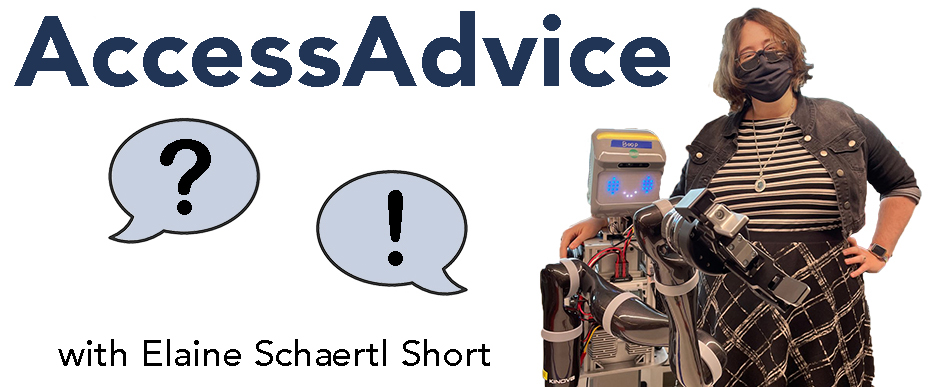AccessComputing Leadership Transition
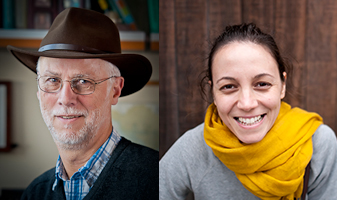
Through five National Science Foundation (NSF) Broadening Participation in Computing grants, starting in 2006, I have been the principal investigator (PI) for AccessComputing. Having turned 80 this year, I have decided to step down as PI and help bring in new leadership.
Professor Maya Cakmak will replace me as PI starting on December 1, 2023. She will be leading the writing of the next AccessComputing grant, and I will consult as needed. Maya is an associate professor in the Paul G. Allen School of Computer Science and Engineering at the University of Washington with a specialization in human-robot interaction. Since arriving at UW in 2013, she has been active with the DO-IT Center through multiple projects, including being a co-PI of the NSF-funded project AccessEngineering and leading several one-week summer workshops in the DO-IT Scholars summer program. She has also worked with AccessComputing leading a small research group in a GoogleCSR-funded workshop for undergraduate women with disabilities. Her research includes projects on assistive robotics for people with severe motor disabilities. She is the winner of the 2022 Anita Borg Early Career Award for advancing innovation and broadening participation in human-centered robotics.
